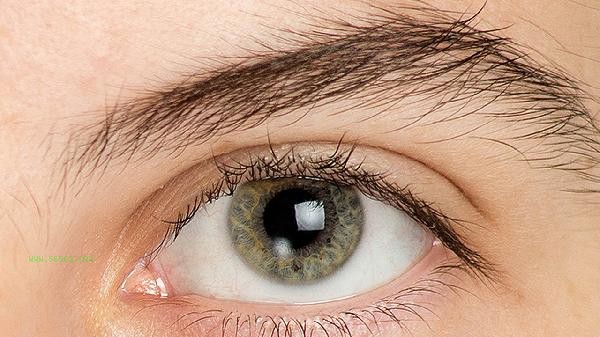Vitamin C can whiten the skin, and moderate supplementation of vitamin C can help inhibit melanin production and promote skin metabolism. The whitening effect is closely related to individual absorption capacity, daily sun protection and skincare habits, and relying solely on oral vitamin C has limited effectiveness.

1. Inhibiting melanin
Vitamin C can block tyrosinase activity and reduce the conversion process of dopaquinone to melanin. Its antioxidant properties can neutralize UV induced free radicals and reduce the stimulation of melanocytes by oxidative stress. Clinical observations have shown that continuous use of vitamin C containing skincare products combined with oral supplementation can improve melasma and post sun pigmentation.
2. Promoting collagen synthesis
Vitamin C is an essential cofactor for collagen synthesis, which can activate prolyl hydroxylase to promote collagen fiber formation. While enhancing the skin barrier function, it can accelerate the metabolism of the stratum corneum, making the epidermis more transparent. But it needs to be used in conjunction with vitamin E to avoid individual supplementation leading to redox imbalance.
3. Light damage repair
After UV irradiation, the skin produces a large amount of oxidative free radicals, and vitamin C repairs damaged cells through its reducing effect. Experiments have shown that topical vitamin C preparations can reduce erythema caused by ultraviolet radiation, but oral administration requires a certain blood drug concentration to show effect. It is recommended to consume polyphenol containing foods together to improve bioavailability.

4. Dosage and absorption
The recommended daily intake of vitamin C for adults is 100 milligrams, which can be increased to 200-300 milligrams for those in need of whitening. Excessive supplementation can lead to increased oxalate excretion, which may cause urinary system stones. Liposome encapsulated vitamin C or taken together with citrus bioflavonoids can increase intestinal absorption rate.
5. Collaborative Care
Vitamin C needs to be used in conjunction with sunscreen to block UV induced melanin regeneration. Niacinamide can stabilize the activity of vitamin C, and the combination of the two can enhance the whitening effect. Sensitive skin should avoid using high concentrations of vitamin C and fruit acid products in combination to prevent damage to the skin barrier.

Daily supplementation can be achieved by consuming fruits rich in vitamin C, such as kiwifruit and winter jujube, while also consuming nuts rich in vitamin E to enhance antioxidant effects. It is recommended to choose a morning and evening divided intake method to avoid waste caused by one-time high-dose intake. Those who take vitamin C tablets for a long time should regularly monitor their urine routine, and those with abnormal kidney function should adjust their dosage. Whitening is a systematic engineering that requires a combination of regular sleep, moderate cleaning, and moisturizing care to achieve the desired effect.









Comments (0)
Leave a Comment
No comments yet
Be the first to share your thoughts!